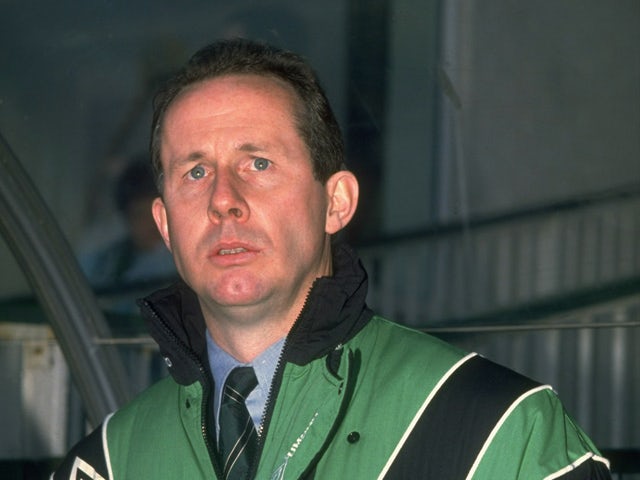As a player, there were few of Liam Brady's generation that were more gifted on the ball than the Irishman.
Regarded to be a legend among the Arsenal faithful, Brady also made a big impression on Italian football fans following his stints with Juventus, Sampdoria and Inter Milan.
But, for all his talents on the pitch, the Dubliner was unable to transfer those skills into the dugout when he took charge of Scottish giants Celtic in June 1991, just 12 months after he had called time on his playing career.
 © Getty Images
© Getty Images
The appointment of Brady was somewhat of a surprise given that he had no previous managerial experience and was also the first man to take charge of the Bhoys without having played for the club. Nevertheless, due to his standing in the game, the Celtic supporters were prepared to give the 35-year-old a chance.
Yet, on reflection, his tenure never truly got off and running. In his first two seasons in charge, Celtic finished in third position while bitter rivals Rangers celebrated a brace of title triumphs.
Not only that, many of his purchases flopped. The likes of Tony Cascarino, Frank McAvennie and Gary Gillespie all arrived at Parkhead, but that trio in particular struggled to deliver the goods on a consistent basis. A 5-1 defeat to Swiss club Neuchetel Xamax - at the time Celtic's heaviest loss in Europe - did not help Brady's cause either.
The situation finally came to a head 22 years ago today during what was Brady's third campaign in charge. A 2-1 defeat away at St Johnstone saw Celtic drop down to ninth position and that was enough to convince Brady to hand in his resignation, which was duly accepted by the board.
Speaking about his decision to step down, Brady said: "After recent results and performances, I have decided to resign. A tremendous pressure surrounds the club at present - the management staff, players, board and supporters alike.
"It is my responsibility as manager that this should not affect the players. I have not been able to do this. For this reason I have taken the decision to stand down."
Meanwhile, chairman Kevin Kelly added: "Liam always conducted himself with great dignity as Celtic manager. He did the honourable thing by resigning."
When Brady departed, he did so as just the second Celtic manager to have not guided the team to a trophy. The other boss - Jimmy McStay - was at the helm during the Second World War.
Brady soon returned to work with Brighton & Hove Albion, but his time with the Seagulls was no better than his stint in Glasgow.







